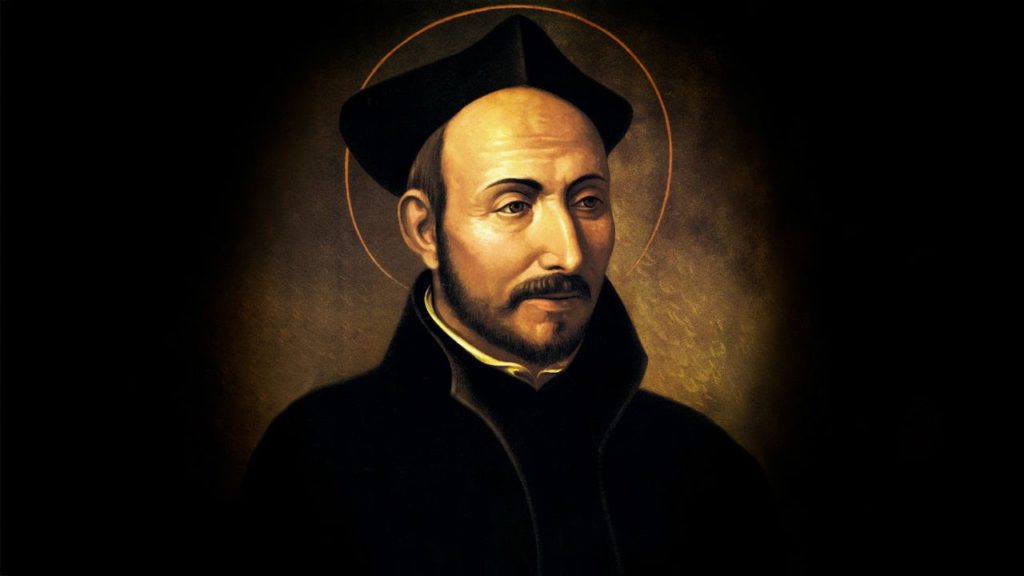
Chap. 1 Early Life (Northern Spain)
Few people get hit by a cannonball and live to tell the story. But Ignatius Loyola did. On May 20, 1521 Ignatius led his fellow Spaniards against a French army that was laying siege to their fortress. The Spanish were outnumbered and outmatched, and when they saw the French cannons lining up outside their walls, most of them ran for the hills. Ignatius didn’t budge, though. He was determined to win glory for his native country, and rallied the few remaining troops to defend the fortress at all costs. He truly believed they were going to pull off one of the greatest upsets in Spanish military history.
But it was not meant to be. The loud boom of a cannon went off, and the next thing Ignatius knew he was lying on the ground in agony. A cannonball had torn through Ignatius’s right leg and badly wounded his left leg. The sight was too grotesque to look at. Other Spanish soldiers were also wounded, and the French quickly advanced on the fortress to capture it. Ignatius barely survived the ordeal, and not only were the bones of his legs shattered, but so too was his boyhood dream of military glory.
It wasn’t supposed to happen this way. Ignatius had been training his whole life for this moment. Ever since he was a teenager he wanted to be the bravest hero that Spain had ever seen. He wore the Loyola uniform every chance he got, and he loved challenging people to a duel just to show off his sword skills. He spent hours daydreaming about fending off evil enemies and rescuing a beautiful woman from a dastardly villain. But life rarely goes as we plan. Now he was lying on his back in intense pain, wondering if he’d ever be able to walk again.
Eventually Ignatius would look back on this day as one of the best things that ever happened to him. The cannonball was a blessing in disguise. He almost died, and he’d have to walk with a limp for the rest of his life, but he would go on to travel to exotic places, meet some of the most powerful people in the world, and save numerous lives through his endless compassion. He would still be a soldier in a sense, but he’d be fighting for God’s glory rather than his own.
This transformation did not happen overnight but took months, even years, for Ignatius to become the man he truly wanted to be. To understand who he was and how he influenced thousands of people in his lifetime (and millions more after his death), we must go back to his beginnings and see what drove him to such ambitions in the first place.
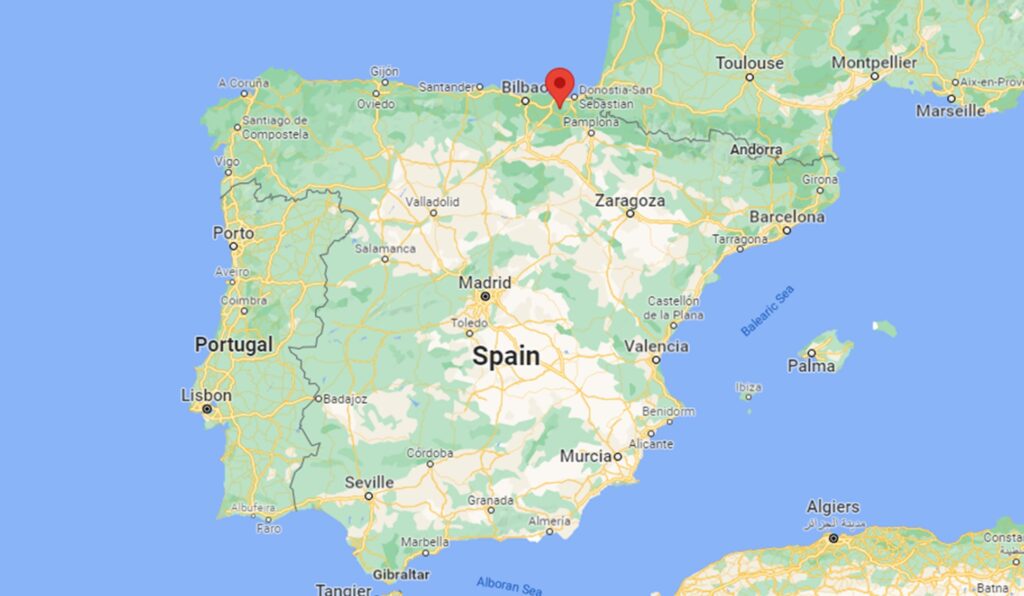
Ignatius’s real name was Iñigo López de Oñaz y Loyola, although most people just called him Iñigo. He was born in 1491 in a part of Spain known as the Basque region, just west of a town called Azpeitia. It was in the northern part of Spain where life was much quieter and less populated than cities like Madrid or Barcelona. Even today there are less than 20,000 people living in Azpeitia, and there were probably less than that in Ignatius’s day. The area is hilly with a rolling green countryside all around, and a towering mountain overshadows the entire region from the northwest side. The weather there is beautiful most of the year, although it tends to be cloudy much of the time.
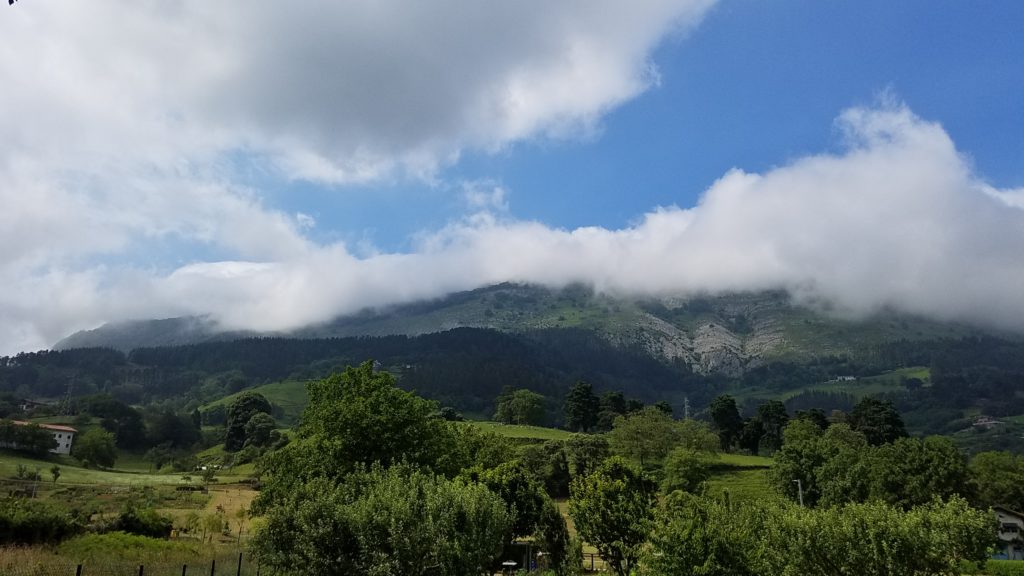
If you travel to Azpeitia today you can still visit the house Ignatius grew up in. The Loyola family lived on the outskirts of the town in an area thick with forests. They were wealthy, and their estate was one of the largest in the area. Originally their home had been a castle, but Ignatius’s grandfather converted it into a mansion, meaning Ignatius and his twelve siblings grew up in a very comfortable house. Ignatius was the youngest of all of them, having eight brothers and four sisters. His oldest siblings were already adults when he was born, so Ignatius spent more time playing with his nieces and nephews since they were about his age.
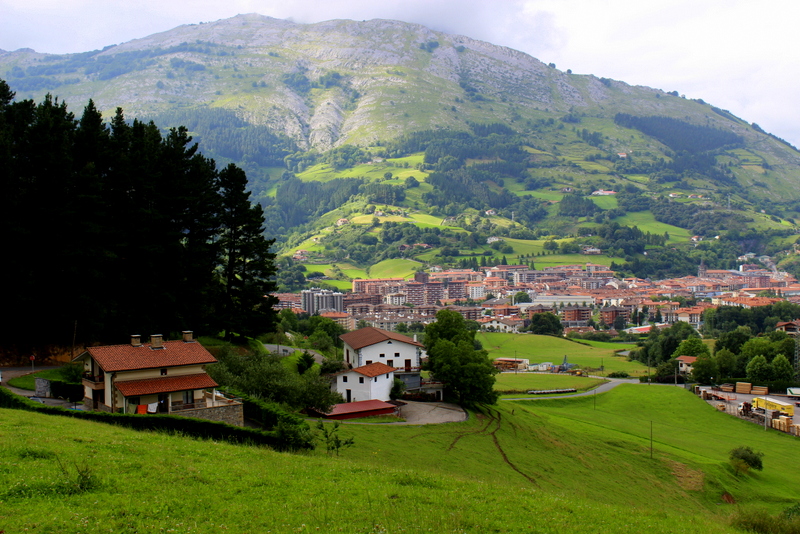
Compared to most people Ignatius had a pretty good life, but his childhood was rough in other ways. Two of his oldest brothers died in battle when Ignatius was a little boy. His mother died before Ignatius was seven years old, and his father died nine years later. All four of his grandparents were deceased as well, which meant he’d have to be raised by his sister-in-law and the local blacksmith’s wife, whose name was María Garin. We know a lot about Ignatius from his autobiography, but it’s interesting that he never described his upbringing and never mentioned anything about his parents. Certainly their deaths would have left him with much sadness growing up and probably a longing for their protection and love, especially from his mother.
But sadness wasn’t the only reason Ignatius rarely spoke about his early years. He was also embarrassed. His family was wealthy and respected in the community, but they had secrets too. We know from historical records that there were at least two illegitimate children in the Loyola family, meaning Ignatius’s brothers slept around a lot. We also know that feuds and vendettas were common among rival families, and the Loyolas probably engaged in many of these as well. They wanted to imitate the great heroes of Spanish culture at that time by being valiant and powerful, like Christopher Columbus exploring the Americas or Charles V becoming Holy Roman Emperor. In their minds masculinity equaled conquest.
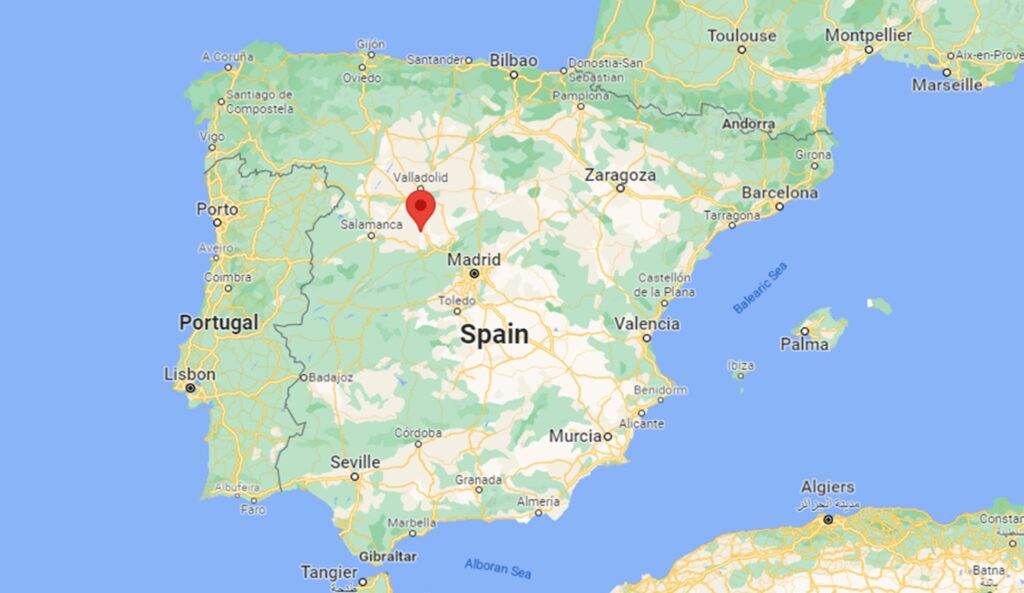
Unfortunately Ignatius grew up in this same culture and embraced it. Before Ignatius’s father died he arranged for his son to live with a powerful family near Madrid in a town called Arévalo so he could learn how to become a Spanish nobleman and enjoy the life of cultured society. This was a common practice among aristocratic families, and Ignatius would now live with the Chief Treasurer of Arévalo named Juan Velázquez, whose wife was one of Ignatius’s relatives. The young Ignatius was only fifteen when he left home, which must have been difficult for him, but it would have been exciting too since he would get a taste of life in the court of a powerful official.
The Velázquez family was very welcoming to Ignatius, and since they had twelve children of their own, Ignatius was once again the thirteenth child in the house. They were wealthy and powerful like his own family, but their house was even more luxurious than the Loyolas’, and Ignatius would enjoy a more extravagant lifestyle here. He loved every bit of it, especially wearing a cape on his back, a bright red cap on his head, a metal breastplate on his chest like armor, and a sword fastened to his belt. He even began to grow his hair long, and he tried impressing the ladies every chance he got.
Ignatius enjoyed this lifestyle for ten years and became known for his dueling, gambling, and womanizing. One year during Mardi Gras he did something very reckless, but Ignatius worked very hard to keep this a secret. We’re still not sure what happened, but court records indicate he was involved in some “premeditated and enormous crimes” that involved “ambush and treachery.” It was so bad that Ignatius ran away to another city to escape punishment. He was apprehended shortly thereafter and put in prison for a while, and word got out to his family what he had done. One of his relatives who was a nun discovered what Ignatius had done and warned him that if kept acting so recklessly, somebody was going to “break his leg” someday.
That someday was still a few years away. In the meantime, circumstances quickly changed for Ignatius, and he had to move to another city. The Velázquez family fell out of power after a new king stripped the treasurer of his title, evicting him from his palace and leaving him with an enormous amount of debt. Ignatius sought another noble family to live with, and the Velázquez family pulled some strings and arranged for him to live with Antonio Manrique, the Viceroy of Navarre, which was a province near Ignatius’s family in the northern part of Spain. It would be closer to home but still a foreign place for him. In fact this would be the third house that Ignatius would live in during his formative years, and all the moving around must have been hard on him personally.
The town he was moving to was on the French border, which was a dangerous place to live since Spain and France were bitter enemies. Many were afraid that war would break out between Spain and France at any moment, and since Ignatius was now in his late twenties, he went through military training to prepare for battle. Even though Navarre was located in Spain, some of the people sided with the French, which made Ignatius furious. He still couldn’t control his temper but frequently started fights with people who didn’t support Spain. Some of the townspeople became so fed up with Ignatius that they threatened to kill him, and a man named Francisco came pretty close to doing so. But they would have to wait their turn. The French army had now arrived, and they were bringing their cannons to prepare an assault on the towns of northern Spain.
Reflection Question:
- Like Ignatius, I have done some things that I’m not proud of. Do other people form an opinion of me based on the worst thing I’ve ever done? Do I form opinions about others based on the bad things they’ve done?
Click here for Chapter 2
